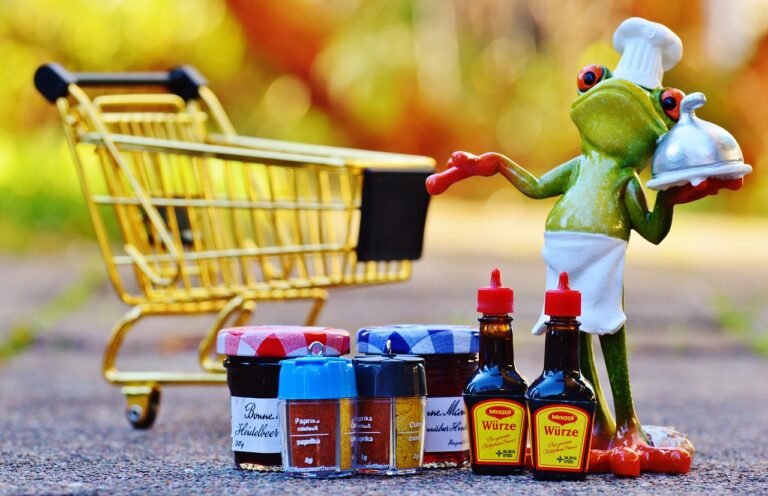Beyond Kibble: Exploring Alternative Diets for Pets: Allpaanel exchange, Lotus365, Laserbook247 id
allpaanel exchange, lotus365, laserbook247 id: As pet owners, we all want what’s best for our furry friends. One of the most important aspects of pet care is their diet. While traditional kibble has been the go-to option for many years, there is a growing interest in exploring alternative diets for pets. From raw to homemade, there are a variety of options to consider when it comes to feeding our beloved companions.
Raw Diets
Raw diets for pets have gained popularity in recent years, with advocates claiming that they provide a variety of health benefits. Proponents of raw diets argue that they more closely mimic the diet of wild animals and can lead to healthier coats, improved digestion, and increased energy levels. However, it’s important to consult with a veterinarian before switching your pet to a raw diet to ensure that they are receiving all the necessary nutrients.
Homemade Diets
Another alternative to traditional kibble is homemade diets. By preparing your pet’s food yourself, you have complete control over the ingredients they consume. This can be particularly beneficial for pets with food sensitivities or allergies. Just like with raw diets, it’s important to work with a veterinarian or pet nutritionist to ensure that your homemade meals are balanced and providing all the necessary nutrients for your pet’s health.
Freeze-Dried and Dehydrated Diets
Freeze-dried and dehydrated diets offer a convenient alternative to traditional kibble. These diets often come in pre-portioned servings that can be easily rehydrated with water. They are minimally processed, which can help retain more nutrients compared to traditional kibble. While they can be more expensive than other options, many pet owners find the convenience and health benefits to be worth the cost.
Plant-Based Diets
Plant-based diets for pets are another alternative to traditional kibble. These diets typically include ingredients such as fruits, vegetables, and grains, with some also incorporating plant-based protein sources like lentils and peas. Plant-based diets can be a good option for pets with allergies to animal proteins or for pet owners who want to minimize their pet’s environmental impact. However, it’s crucial to ensure that your pet is still receiving all the essential nutrients they need from a plant-based diet.
Supplements
No matter what type of diet you choose for your pet, it’s essential to consider incorporating supplements to ensure they are getting all the necessary nutrients. Common supplements for pets include Omega-3 fatty acids for healthy skin and coat, probiotics for gut health, and joint supplements for older pets. Consult with your veterinarian to determine which supplements would be beneficial for your pet based on their specific needs.
FAQs:
Q: Is it safe to feed my pet a raw diet?
A: Raw diets can be safe for pets when properly balanced and prepared. Consult with a veterinarian before switching your pet to a raw diet.
Q: Are plant-based diets suitable for all pets?
A: Plant-based diets can be suitable for some pets, but it’s essential to ensure that your pet is still receiving all the necessary nutrients from their diet.
Q: How do I know if my pet is getting all the necessary nutrients from their diet?
A: Consult with a veterinarian or pet nutritionist to determine if your pet’s current diet is providing all the essential nutrients they need for optimal health.
In conclusion, there are many alternative diets to traditional kibble that pet owners can explore to provide the best nutrition for their furry friends. Whether you choose a raw diet, homemade meals, freeze-dried options, plant-based diets, or supplements, it’s essential to prioritize your pet’s health and consult with a professional to ensure they are receiving all the necessary nutrients. By expanding your pet’s diet options, you can help them live a happier and healthier life.







